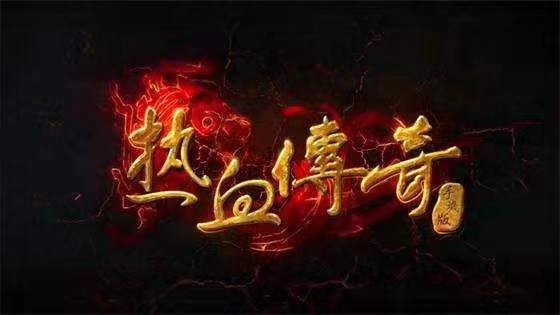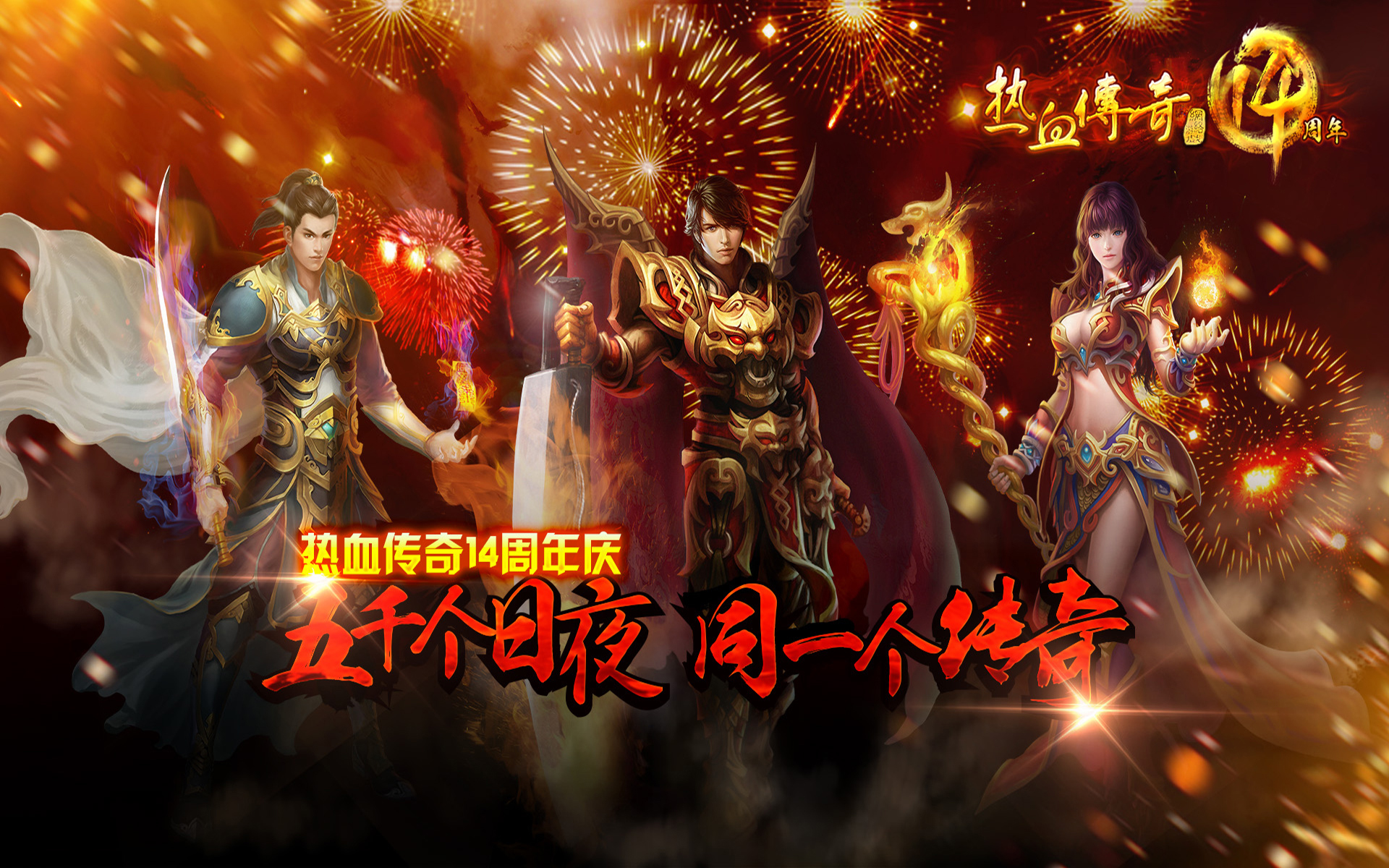The dawn of game rights protection is not too far away, but the virtue of entertainment cannot “stand alone.”
Text | Bai Shanshan
There is a story about the game “Legend”. After 20 years of longevity, there may be one of the longest rights protection stories in the game industry.
The story dates back to the end of the last century. At that time, Korea ’s game production level was among the best in Asia. A group of Korean game production companies and teams with ideas and talents brought a series of changes to the game industry. Game production The company’s entertainment virtue (Wemade) is among them.
In 2000, Park Ye-ho, one of the founders and the person in charge of the development of Legend’s core product “Legend of Mir”, decided to lead his core team “Independent Portal” and established the new company Wemade. The first product developed by the new company was “Legend of Mir 2”, which was later known as “Legend” in the country, and was renamed “Legend of Blood”. At this time, the time when Atos was preparing for listing, the departure of the core team will obviously have an adverse impact on the listing. As a result, Atos opened a 40% stake in Yumei Virtue and helped Yumei Virtue sell its products, registering the copyright of “Legend of Mir2” as a joint ownership of both parties. As a start-up company, Yumei virtue is obviously in urgent need of funding support and issuance of sales. Both sides of this plan need their own solutions. At the time, the agency sales agreement signed by Atos and Amusement agreed that after the contract expired, Atos would transfer its share of “Legend of Mir2” to Amusement. But with the great success of “Legend” in China, Atos failed to live up to its promises at the time and laid a hidden danger for later disputes.
In 2001, Shanda (later renamed Shengqu Games) won the exclusive operating rights of Legend in Mainland China and Hong Kong. At that time, there were basically no large-scale online games on the market in China, so “Legend of Blood” became popular in China by virtue of a combination of East and West game backgrounds, huge worldview architecture and unique game modes, becoming a phenomenon-level phenomenon at that time. The explosive game also formed a “legend”, a classic IP containing worldview, character settings, equipment settings, and so on. The highly recognizable feature attracted more and more players to join the game.

Cooperation, the beginning of division
After the tripartite cooperation is reached, Yumei Virtuosi and Ya Tuoshi, as copyright parties, authorize Shanda to operate and receive a portion of the licensing fees and royalties. Since the game developer is mainly Yumei Virtuosi, the percentage is divided. , Entertainment virtues occupy an absolute advantage of 7/10 to 8/10. But the honeymoon period was rather short, and Shanda quickly started its first infringement. In 2003, Shanda launched a client game called “Legend World”, which not only inherited the character settings, props, and The core gameplay also released a message claiming to be a “promotion zone” for players, and used this to move a large number of players in “Legend” directly to “Legend World”, and announced in the migration announcement that the player’s level in the game Unchanged, unchanged union, unchanged gameplay, unchanged equipment.
This is an obvious IP infringement and involves the use of the original game for diversion. Entertainment Virtues quickly discovered such an action and took the lead in prosecution in China in 2003, but due to the lack of The mature legal system for copyright protection, litigation lasted until 2007, and in the process, Shanda gradually acquired equity and became the actual controlling shareholder of Atos. As the relationship became more complicated, the two parties finally reached a settlement and each withdrew legal proceedings against the other, while Yumei virtue repurchased 40% of the shares held by Atos, completely cutting off its relationship with Atos All equity relationships.
With the enduring popularity of “Legend” in China, there have been a large number of games on the market that use the “Legend” worldview and character equipment settings, and some games even claim that they have obtained a grand license. Right to use the IP and gameplay of “Legend”. The problem lies precisely in the power of attorney issued to Shanda by the virtue of entertainment—at that time, the domestic plagiarism of legendary games was repeatedly banned. As the sole operator of Shanda in China, the police required Shanda to issue a basis for authorization before making a criminal report. Accept the report. In order to cooperate with the fight against infringements, Yude Virtue issued a number of rights protection letters and authorization documents for Shanda in 2011 and 2013 to support anti-counterfeiting activities. It now appears that the definition of the rights authorization is too broad, and it does not emphasize that this is a case-by-case authorization, so Shanda bypassed the copyright party, abused the authorization, and sold the legendary IP to numerous game companies. Although this series of rights authorization has expired for many years, the disputes caused by it have not yet completely subsided, and it still affects the current game market.
At this point, the entertainment virtues face not only blatant infringement from partners who have fought side by side, but also countless plagiarism products of legendary IP on the market. Many well-known companies rely on grand licenses. , Blatantly infringed the copyright of “Legend” and repeatedly achieved “good results”. andIn recent years, Shanda has attempted to monopolize all the business related to “Legend”. With the control of Atos, it strongly obstructed the “Legend” authorized business of Entertainment Virtue in China. After the attempt to bypass the copyright party to directly authorize the “Legend” IP was frustrated, Shanda tried to use “Legendary World” instead of “Legendary” for authorization. This is obviously a stealth because “Legendary World” itself is an infringing work and does not Qualified for outward authorization.
The development of “Legend” games through Shanda’s authorization has benefited a lot, and the most representative is Sanqi Mutual Entertainment. In the past 4 years, Sanqi Mutual Entertainment has become a listed company from an ordinary game company and made numerous profits by virtue of its “Legend Domination”, while “Legend Domination” only got a grand “Legendary World” license. What is more well known is that the products suspected of infringing “Legend” by Sanqi Mutual Entertainment are not only one of “Legendary Overlord”, but a variety of fist products. These products have not been authorized by the copyright owner and have been operating for many years, which is exactly the epitome of the current “legendary” IP infringement disorder. After discovering that the infringement on the market is getting worse and worse, in the face of the betrayal of the rights defenders of the past, Yu virtue had to personally start the journey of rights defense.

Creating the “App Store” for “Legend”
Actually, in China, the protection of copyright is very difficult. Not only the legal provisions need to be improved, but the boundary between “plagiarism” and “similarity” is also blurred. Therefore, the protection of game copyright can only be judged by individual cases. The criterion of judgment is “contact plus substantial similarity”. Contact means whether the core code and design plan of the original game can be obtained through various channels. “Substantial similarity” is a relatively vague concept. When it is “substantial similarity”, the judge’s subjective judgment will have a stronger influence than a clear legal basis. Since before, similar cases did not have a clear judgment result, so in the virtue of entertainment In the litigation, the common practice of “referring to existing jurisprudence” is also not applicable. Therefore, in the past few years, Entertainment Virtue has been carrying out difficult proofs, and submitted a series of detailed comparison tables to compare the image of the characters, Equipment settings and core gameplay provide judges with a more direct basis for judgment. With such efforts, the first satisfactory result is finally overdue— After two and a half hearing, in December 2018, Beijing Intellectual Property Court of First Instance judgment, the defendant thirty-seven mutual